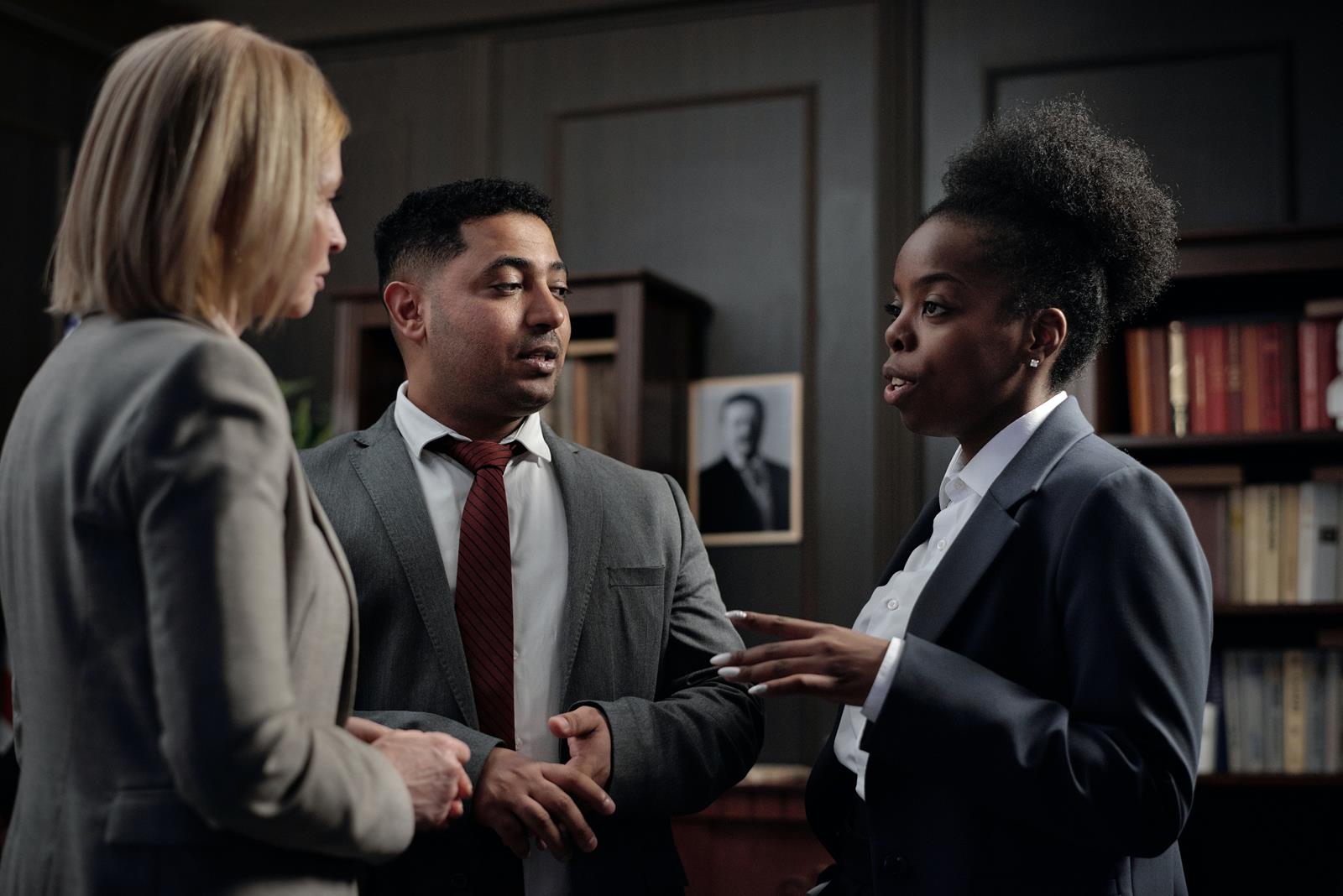To grasp politics, one cannot just learn rules by heart or follow political debates. It entails considering the whole picture of the disciplines influencing political systems’ operations and evolution across time. Many disparate disciplines, including history, economics, sociology, philosophy, and even psychology, all influence on politics in unique ways. Every one of these subjects lets us examine many facets of politics, power, and human behavior in political environments. Learning more about these related topics can help workers, students, and active citizens as well. They enable individuals to observe more complicated global and local political shifts, think more critically, and grasp events better. Education entails delving deeper in a society where political decisions are growing vital. Anyone who wishes to comprehend, engage in, or responsibly affect political discourse should study political-related subjects.
History and Its Impact on Political Understanding
People usually begin their political discussions with reference to history. Understanding contemporary politics requires one to comprehend how nations developed, how conflicts molded present borders, and how ideas have evolved with time. studying about colonial periods will help you grasp postwar fights and policies; studying about the Cold War will help you appreciate why issues exist between global powers today. Ignorance of history may cause political narratives to become basic or distorted.
History reveals also what results from political actions. From revolutions and reforms to battles and negotiations, it shows how nations and movements have evolved things throughout time. It also displays patterns such how populism is rising, why democracies don’t always work, or how political upheaval results from economic crises. Understanding political history enables us to recognize trends before they start, make sense of the events occurring in the world now, and draw lessons from previous successes and mistakes.
Economics: The Backbone of Policy Decisions
Since almost all policies affect money, politics and economics are intimately related. Economic theory and practice define taxes, support systems, trade treaties, and the relative spending on each item. People should study economics if they want to better grasp why governments do what they do and how those decisions impact various populations of people.
Knowing about economics can also help you judge government claims and plans. Politicians often talk about changing the way the economy works, but it’s hard to know if their ideas will actually work or have an effect if you don’t understand how the economy works. It’s possible to change how we understand news stories and political talks by learning terms like inflation, GDP, and budget gap. In the end, economics gives us the critical tools we need to look at how government actions affect things in the real world.
Sociology and Psychology: Human Behavior in Political Systems
Politics is mostly about people and how they act, think, and work together. That’s why sociology and psychology are so important for people who want to understand politics in a more complete way. Sociology helps us figure out how things like class, race, gender, and religion affect people’s ability to vote and be represented in politics. It shows how social rules affect public opinion and why some groups are left out of the democratic process.
Psychology, on the other hand, looks at how people act as individuals and as part of groups. It helps explain things like voting bias, growing political division, and the power of lies or false information. When people vote and make policy, cognitive errors, emotional pleas, and identity politics all play a part. These fields show that politics isn’t just logical; it’s also subjective, emotional, and based on how people act. We can learn more about what drives political choices and groups by studying them.
Philosophy and Political Theory: The Foundations of Ideology
Philosophy is at the heart of political thought. We learn about basic questions of justice, freedom, equality, and power in this class. Political theory is a part of thought that looks into ideas like liberalism, conservatism, socialism, and anarchism. By looking into these ideas, we learn not only what people think, but also why they believe it, and how these beliefs affect the government and policy choices.
Philosophical study also makes people think more critically. Who or what is a just society? Should governments put the well-being of everyone first or the rights of each person? These questions make us think about what we believe politically and help us better understand other points of view. Also, a lot of constitutions and legal systems are based on philosophical ideas. Understanding these roots helps us think more deeply about how to understand laws and arguments. Philosophy does not give us all the answers, but it does help us think about politics in the right way.
Conclusion
To really understand politics, we need to look deeper into the fields that affect how people think about and act in politics. History tells us where political systems come from, economics shows us how policies are made, sociology and psychology help us understand why people vote the way they do, and philosophy teaches us about the moral and philosophical bases of government. There is no way to look at these topics separately; they work best when studied together, giving us a full picture of the current world. Politics-related reading can help you as a student, worker, or just a curious citizen by sharpening your ideas, making your points stronger, and encouraging a more educated and responsible way of interacting with others. In a world as complicated as this one, this kind of knowledge is not only useful, it’s necessary.


